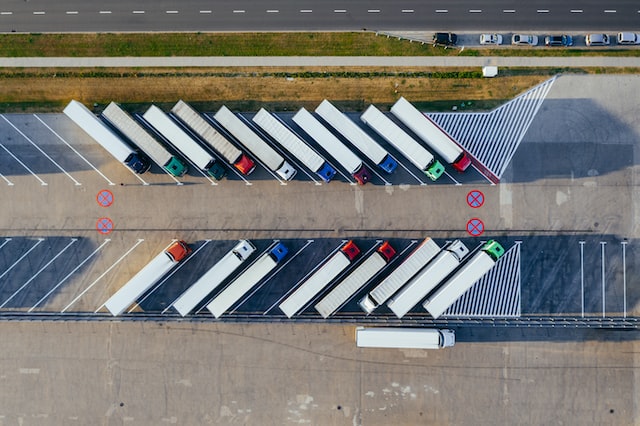Driver shortages might have eased but at the same time other parts of the logistics industry are suffering. The call for drivers helped but many people who were previously working in warehouses, for example, have now changed their jobs. ‘When there is a shift from one to the other, because we are dealing with a limited number of people, there is still a need to look for more,’ explains Chris Yarsley from Logistics UK. `We are finding there are now problems not only in warehouses but also in areas like technicians. These people hold a drivers’ licence and decided to take on the job.’

The UK government’s announcement of a call for evidence on opportunities for changes to the driver licensing regime is something that will be discussed amongst the members of Logistics UK. Currently there is no official position on the topic and one is expected in October. For now the industry seems to be divided: some are for it and some are against it.
“The proposal to permit a Category C licence holder (held for two years) to drive public service vehicles (PSVs) for maintenance and repair will ease pressures on operators. Logistics UK will review proposals that seek to improve standards in training by creating a formal register of instructors and publishing pass rates; initiatives that increase road safety are welcome, however must not place additional burden on industry,’ Yarsley commented.
Other targets
Yarsley looks at other things that need to change to make driving a lorry more attractive. Facilities are notoriously bad and planning permissions are not helping. Currently better sides cannot really be built. ‘Often even if someone is happy to have their land be turned into an overnight facility for lorries, local populations are against it,’ Yarsley explains. These issues are connected to the overall misfortunes of the logistics industry at the moment in the UK.
Logistics UK is working on a new campaign, together with leading organisations from the sector and the UK government to make the industry more attractive. We spoke with Phil Roe, President at Logistics UK, about Generation Logistics, a 12 month campaign aimed at making the industry more visible and interesting. You can read the story below.
Yarsley is also hoping the campaign will be able to take a holistic approach on how people work, where jobs are and what the conditions are. Companies will finally be able to showcase interesting carriers in the sector. ‘Hopefully, all of these will improve the quality of work and the attractiveness. We need to bring people to the sector,’ Yarsley explains.
Fresh blood
Current legislations only permit logistics organisations to employ people who are already entitled to work in the UK. The visas for skilled workers are available to jobs that meet certain criteria like qualification levels. Driving is Level 2 whereas the minimum required is Level 3.
Currently South-West England is harder for organisations to find employees just because of geographical specifics. As a whole all parts of the UK are experiencing similar issues. ✷

